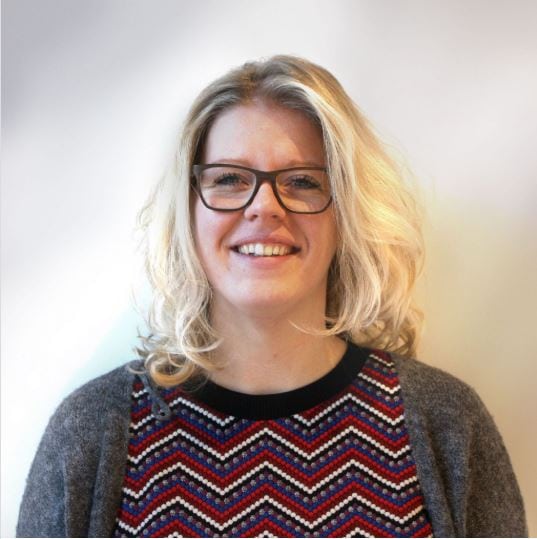In our new blog series, “Staff Spotlight”, we’re introducing you to people who are worth a mint to us: Our staff. What would an organisation like ours be without these passionate people who dedicate their work lives (and more) to improving healthcare worldwide—whose everyday mission is to enable all people to access and properly use the medicines they need?
This month, we’re opening the curtain on Mieke Bakx, our Planning, Monitoring and Evaluation Officer, who plays a key role in making our work as efficient, relevant, effective and sustainable as possible.

What is your role at Health Action International (HAI)?
I’m the Planning, Monitoring and Evaluation Officer at HAI. I support the programme teams in getting the data they need to ensure that we provide and develop high-quality programmes, which we share with our various audiences.
What are three words to describe HAI?
Respectful, reliable and energetic.
What is the most interesting aspect of your field of expertise?
Monitoring and Evaluation is often seen as a tedious job, or something to scrutinise one’s work in a negative way. I like showing people that this isn’t the case; with a little effort, we can show the world the great work we’re doing and improve our programmes along the way. I enjoy working together with everyone in the office and in the field to help ensure that health systems are strengthened.
On a mission to make HAI’s work as efficient, relevant, effective and sustainable as possible
How do you make people interested in your topic?
I apply various techniques. First off, I understand that Monitoring and Evaluation can seem like a daunting and complicated task, so I assist whenever I can to help decrease the burden and make it as fun and easy as possible. Second, I share the benefits of high standard Planning, Monitoring and Evaluation (PME) systems. They help us meet our obligations towards the communities we work with, our donors and the public, in general. Furthermore, those systems ensure that we capture our lessons learnt as well as best practices. In the end, PME supports us in making our work as efficient, relevant, effective and sustainable as possible.
What do you wish people would be more aware of?
I’d like them to know that PME is a great way to promote learning within an organisation.
What do you like most about working at Health Action International, and what have you gained from working here?
I think it’s fantastic that everyone at the office is very passionate about the work they do. I started working at HAI in January and feel very much appreciated by the management and was included into the team straight away. This is something very special, I believe, and I have not encountered this before. I’ve gained new insights in HAI’s areas of work, being a complete newbie in the field of medicines policy. I still have a long way to go, though. Furthermore, I’ve been given the opportunity to hone my skills in the field of PME, which is great.
If you could choose one policy recommendation to be accepted and turned into undisputed policy tomorrow, what would it be?
Hmm, this is a difficult question as I assist various advisors and managers in their field of expertise. In every field, so much still needs to change. Thinking of our recent campaign on the transparency of medicine prices and R&D costs, though, I’d love to see policies that require pharmaceutical companies to make their official R&D costs more transparent.
Want to find out more about Mieke? Take a look at our staff site!